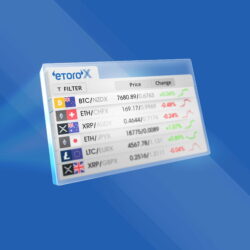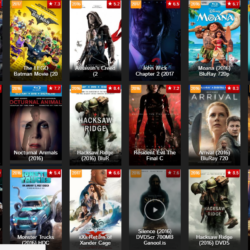Do you know what futures are and how they work? Most people don’t, but futures contracts are essential to our economy. This article will discuss what futures are and how they work. It’ll also look at the benefits and drawbacks of using futures contracts.
What are futures?
Future markets, or futures contracts, are among the oldest and most popular forms of trading. They allow investors to buy or sell an asset at a predetermined price at some point in the future. This agreement was created to minimise risk by providing a way for both sides to hedge against potential price fluctuations. The buyer agrees to purchase an asset today, and the seller agrees to deliver that asset on a future date.
The advantages of futures
Unlike traditional stock markets, where prices fluctuate wildly, futures contracts are more predictable since they are based on an established market price. They also give investors greater control over their investments as they can lock in trades or limit losses ahead of time. Various commodities and equities can be traded on futures markets, but the most popular contracts involve agricultural goods such as corn, wheat, and soybeans.
The disadvantages of futures
Futures trading can be risky, as price movements in the underlying asset may be challenging to predict. Also, there is a chance that the seller of the contract will not deliver on their end of the agreement. Finally, due to their complexity and high leverage levels, futures trading is reserved primarily for experienced investors since it carries a high degree of risk.
How are futures traded?
The trading of futures contracts is a complex process best explained by understanding the different types of participants in a market. On one side are buyers, or longs, who take advantage of when an asset increases in value. On the other side are sellers, or shorts, who take advantage of when an asset decreases in value. In between are market makers, who make money by providing liquidity to the market and taking the opposite side of trades.
What are the requirements to get started?
Trading futures requires a margin account with a broker and some upfront capital to cover potential losses. Your broker will hold the margin account and is responsible for monitoring your positions and managing any risks. As a trader, you can use leverage to increase your buying power by using a portion of the funds in your account. The amount of leverage allowed varies among brokers and depends on the asset being traded.
Why would traders be interested in futures?
Futures markets are an essential part of the global financial system, providing a way for producers and consumers to hedge against price volatility. They are also one of the most popular ways for individual investors to gain exposure to various global markets. With careful risk management and a thorough understanding of how futures markets work, traders can use them to their advantage and achieve greater returns than other forms of investments.
How to manage risk in futures trading
Futures trading requires much caution, as it is easy to lose large amounts of money quickly. Knowing the risks involved and understanding how the markets work before you start trading is essential. It would help if you also used stop-loss orders to limit your losses and other risk management strategies such as options contracts and diversification.
By understanding the risks, rewards, and mechanics of futures trading, investors can make informed decisions that fit their objectives and help them achieve their investing goals. With careful planning and a good grasp of futures markets’ fundamentals, traders can maximise their potential returns while minimising risk.
Final thoughts
Futures markets are a form of investment that can be used to hedge against price volatility and earn returns for investors. They require knowledge and understanding of the market and careful risk management to maximise any chances they have. Despite their complexity, they have become a popular way for traders to gain exposure to various markets and potentially earn higher returns than other forms of investments.





















